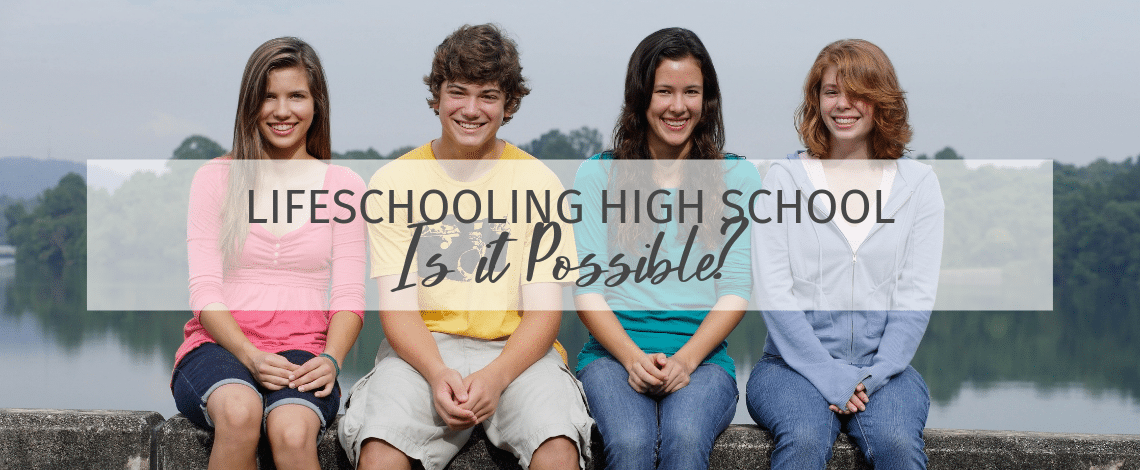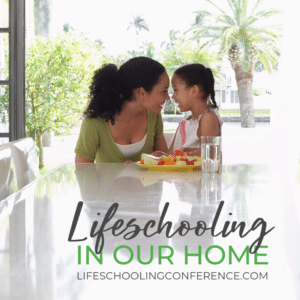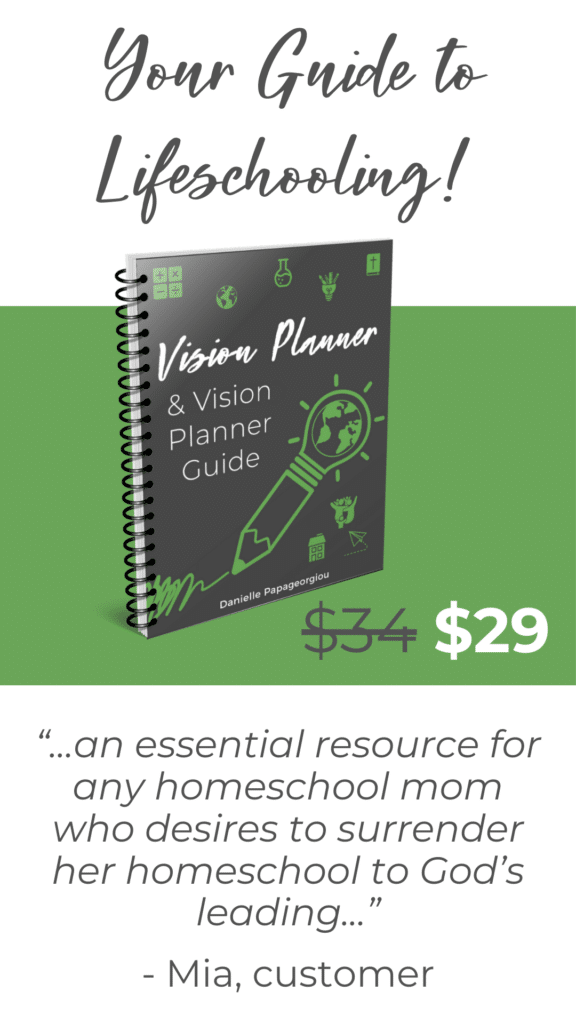Lifeschooling High School: Is it Possible?
Many of you might be starting to warm up to the idea of Lifeschooling. But even though it sounds amazing, you may still be skeptical about life schooling a high school student. How can high school students possibly spend their time pursuing their talents and interests whilst still being able to go to college or university at the end of it?
Aren’t high school students supposed to be stuck at their desks from early in the morning till late at night studying like mad?
The answer is no.
Lifeschooling High School
I am currently in grade 11. This past school year, upon several occasions I was still able to finish my school work before lunch!
That probably sounds crazy and makes you wonder what exactly I am doing for high school.
The answer is, I am working towards a government-issued high school diploma. It is not required, however, several people we know went through high school without getting a diploma and ended up having to upgrade later on at their own expense. So, our family decided that getting a high school diploma was necessary.
But, getting a diploma does not mean the end of fun homeschooling or lifeschooling. Quite the opposite, in fact, it creates many opportunities for exploring your interests and finding new talents that you didn’t even know you had.
Lifeschooling high school is not difficult.
Take for example my English course. I am currently writing a novel that takes place in England during World War II. There is a long story behind how this came to be. It started when I was in grade 9, my family and I went for a field trip to the library.
At the library, we found a documentary called Edwardian Farm. It features two archaeologists named Peter Ginn and Alex Langlands, and a historian named Ruth Goodman. They live for a full calendar year on a farm, running it exactly as it would have been in the Edwardian period (1901-1910). They dress according to the period, use period recipes, farming methods and more.
This documentary was the jumping point for my school curriculum that year. I studied the history of England through tons of living books, more documentaries, and other resources.
One of the time periods I studied was World War II, which inspired me to write a novel.
It was also in my first year of high school while working on an English course that I discovered I loved writing. Before that, I ‘enjoyed’ writing. But, in that first year of high school, I fell in love with writing. I even got one of my short stories published in a book! Now I write novel studies, one of which is included in the conference swag bag.
Lifeschooling high school is not difficult, for English besides writing my novel I am reading tons of books, writing reviews of these books (which you can find on my blog), reading poetry selections, doing a novel study, and studying one of Shakespeare’s plays. All of which I got to choose myself.
It’s really brilliant. I can pick and do the things that interest me, so long as I meet the government standards and even better, I get credits for it! This isn’t only true for English, but many other courses including mathematics.
Lifeschoolers can exceed expectations.
Here in Alberta, Canada we can choose any curriculum for any subject. So long as we cover all of the material covered in the government curriculum.
This gave me the opportunity to receive credits for things such as:
- Gardening
- Cooking
- Baking
- Sewing
- Creating Home Decor
For each of the above courses, I completed way more work than I would have normally, had I taken the government course. For gardening I designed the garden layout for the backyard (with input from my mom of course). Made lists of all the plants we needed, planted them when they arrived and cared for them throughout the summer. This was way above and beyond what was expected of me for credits, but I learned very handy life skills in the process.
Last year I created a blog, Anne’s Book Basket as part of my school. I will receive credits for it. I would never have started a blog, had I gone for a more conventional route through high school.
Among some of the other things I am doing for credits this coming year, is learning American Sign Language, studying Canadian History, and trying different methods of dyeing fibers with homemade natural plant dyes.
If that isn’t lifeschooling, I don’t know what is!
There are so many other things I could be doing to get high school credits, such as working a part-time job and getting credits for work experience or starting an apprenticeship, but I only need 100 credits after all!
- Lifeschooling High School: Is it Possible? - June 13, 2019





One Comment
Sounds great, but I would be interested to learn how you transcript and grade these credits for college application.
Thanks!